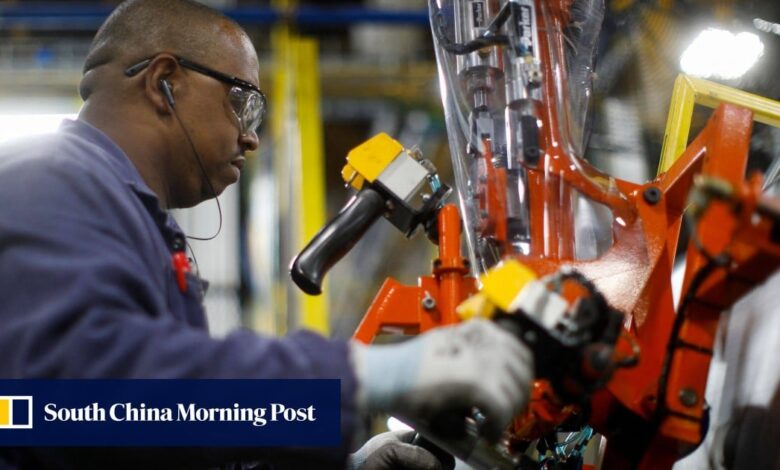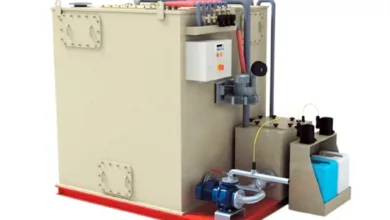Trump’s auto tariffs may raise consumer prices, cut demand and hit job growth, Magna says

Walking through a Michigan plant past whirring robotic arms and flying sparks, Swamy Kotagiri, the CEO of Canada-based auto supplier Magna reflected on how he is trying to “control the uncontrollable” in the midst of industry-shaking tariffs.
“We’ve had a series of black-swan events,” Kotagiri said. “Our industry really prospers with certainty and cadence and stability. And that is what’s been missing in the last four years.”
The vastness of Magna’s facility in Michigan underscores its role as a key cog in the intricate global auto supply chain. The company has 59 facilities in the United States, 50 in Canada, and another 33 in Mexico, part of the legacy of the 1990s North American Free Trade Agreement that produced a highly intertwined system of sending parts from one country – and then back again – to produce cars in some of the world’s largest markets.

Speaking just hours before Trump called for the 25 per cent tariffs, Kotagiri said there was no “easy way to absorb this,” saying much of the cost would be passed on to consumers. Trump’s levies are expected to add thousands of dollars in cost per vehicle and billions for carmakers and suppliers, analysts say.
Source link



